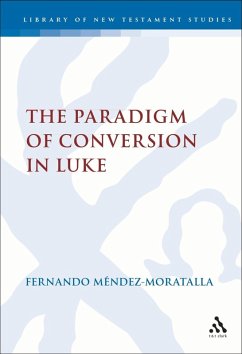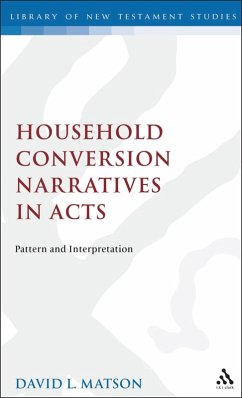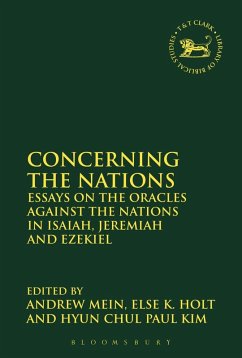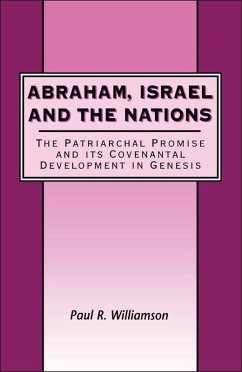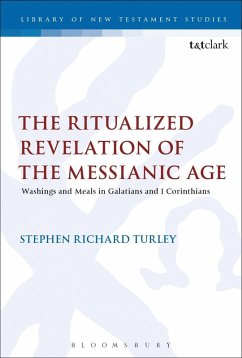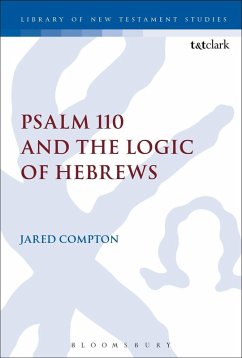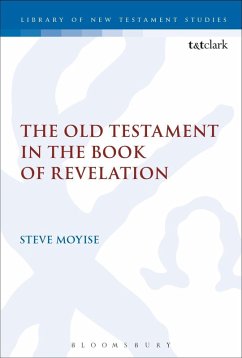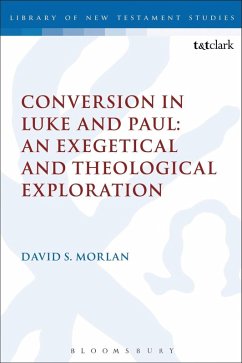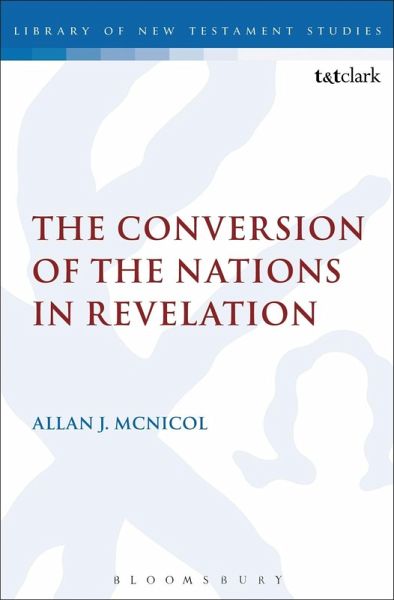
The Conversion of the Nations in Revelation (eBook, PDF)
Versandkostenfrei!
Sofort per Download lieferbar
31,95 €
inkl. MwSt.
Weitere Ausgaben:

PAYBACK Punkte
16 °P sammeln!
Allan McNicol examines the 'Conversion of the Nations' in the book of Revelation together with the author's vision for final redemption. Allan McNicol examines the longstanding tension between the author of Revelation 's description of the destruction of unrepentant nations early in the book in contrast with their final experience of salvation in Rev 21.24-26. McNicol examines how the author of Revelation interprets and refashions both scripture and the myths of the age in order to lay out his vision of redemption - leading to his ultimate conclusion that human political power (Rome) will crum...
Allan McNicol examines the 'Conversion of the Nations' in the book of Revelation together with the author's vision for final redemption. Allan McNicol examines the longstanding tension between the author of Revelation 's description of the destruction of unrepentant nations early in the book in contrast with their final experience of salvation in Rev 21.24-26. McNicol examines how the author of Revelation interprets and refashions both scripture and the myths of the age in order to lay out his vision of redemption - leading to his ultimate conclusion that human political power (Rome) will crumble before the influence of the crucified Jesus. Through careful attention to references to the 'pilgrimage to the Gentiles' in prophetic literature, McNicol is able to draw valuable conclusions as to how the core tension examined may be resolved. This exegesis is in turn able show how the author of Revelation's alternative voice to Rome's power emerged among a small minority community in the Eastern Roman Empire and gained plausibility. This voice not only could articulate a construct of its own vindication (thus empowering its own converts) but it also construed a new destiny for the nations themselves separate and apart from Rome.




